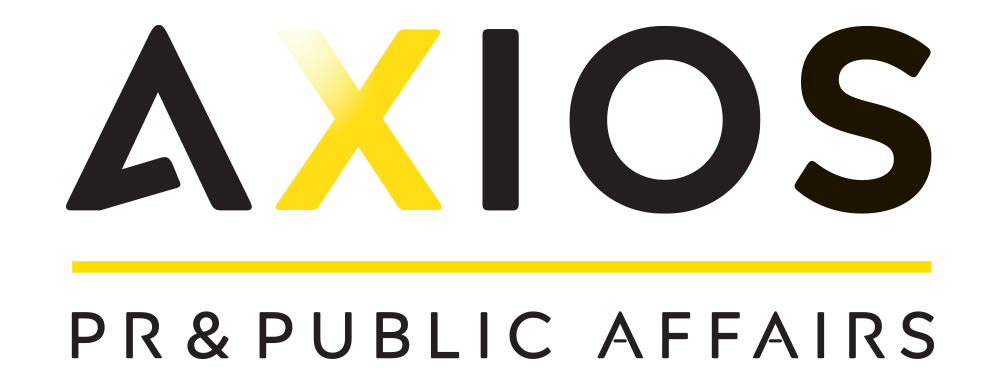Reputation: the X Factor of modern leadership
Success in the world of executive leadership has always been a complex equation. Financial proficiency, strategic vision, and decisive leadership remain undeniably crucial. Yet in today's hyper-connected economy, reputation has also become a powerful asset.
An executive’s reputation is no longer confined to the boardroom. The rise of social media and an increasingly transparent business environment thrusts leaders into the spotlight. Every interaction, interview, and social media post becomes a data point shaping public perception – not just by internal stakeholders, but by potential customers, top talent, and even industry peers.
This amplified visibility presents a powerful advantage. A strong personal reputation, built on demonstrable expertise, can open doors to business opportunities, attract top talent, and strengthen a company's overall image. The benefits extend far beyond the boardroom. Executives who cultivate a reputation for expertise and thought leadership experience a deep sense of accomplishment and professional fulfillment. Their voice carries weight within the industry, and their insights are valued by colleagues and competitors alike.
However, building a strong public profile doesn't happen by accident. It requires a deliberate and consistent effort, especially given the demanding schedules of most business leaders.
The art of articulation
Executives who prioritize reputation building often stand out from those who do not. They cultivate their public profile by articulating their unique perspective on a few key issues. They speak with confidence and clarity, repeating their message in different contexts to reinforce their position as thought leaders. This isn't (all) about self-promotion; it's about becoming a valuable resource in their field.
The power of public presence
In the past, a company's PR efforts might have been enough to build a strong executive profile. Today, however, a more personal touch is essential. Social media offers a platform for executives to connect directly with their target audience. This allows them to share unique insights, engage in conversations, and establish themselves as thought leaders in a way that traditional communication simply cannot.
Mastering media engagement
Media remains a key part of communication strategy, since it provides a platform for communicating with a wider audience and bringing key issues to the public's attention. However, it's a two-way street. The media also holds companies accountable and questions sensitive practices. Developing skills for proactive messaging and responding to sensitive situations or during crises is essential for executives.
Building a strong executive reputation is not becoming someone else or creating a “brand”. Reputation is grounded in your professional and personal journey, your core values and distinct viewpoints – and how they uniquely blend and become relevant to those you want to influence.
Learn more about EMPOWER, our leadership communication advisory program.
